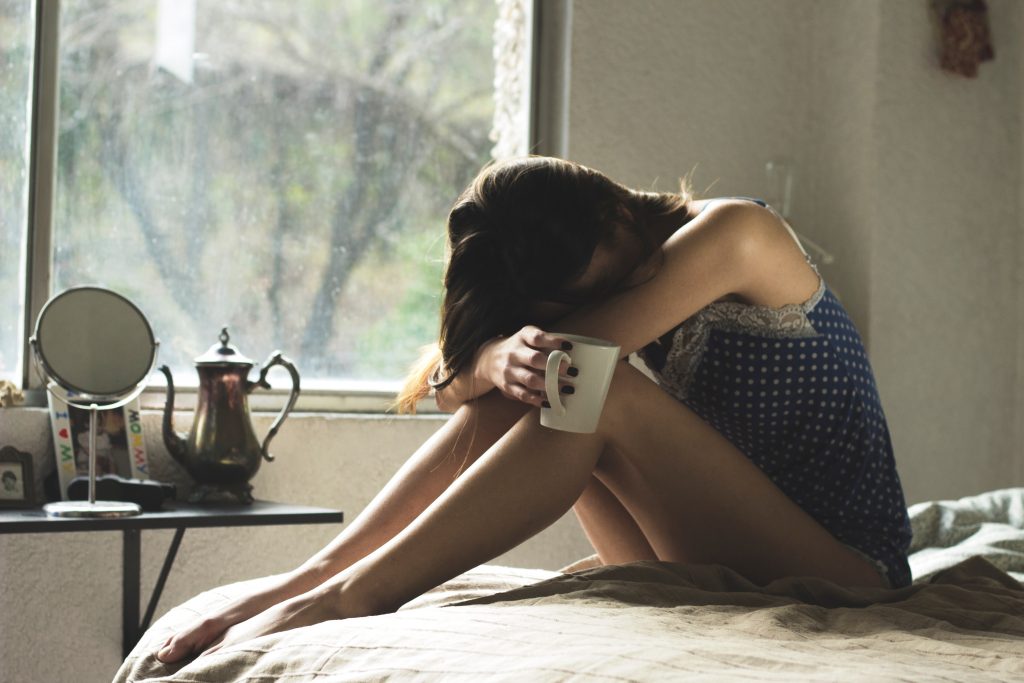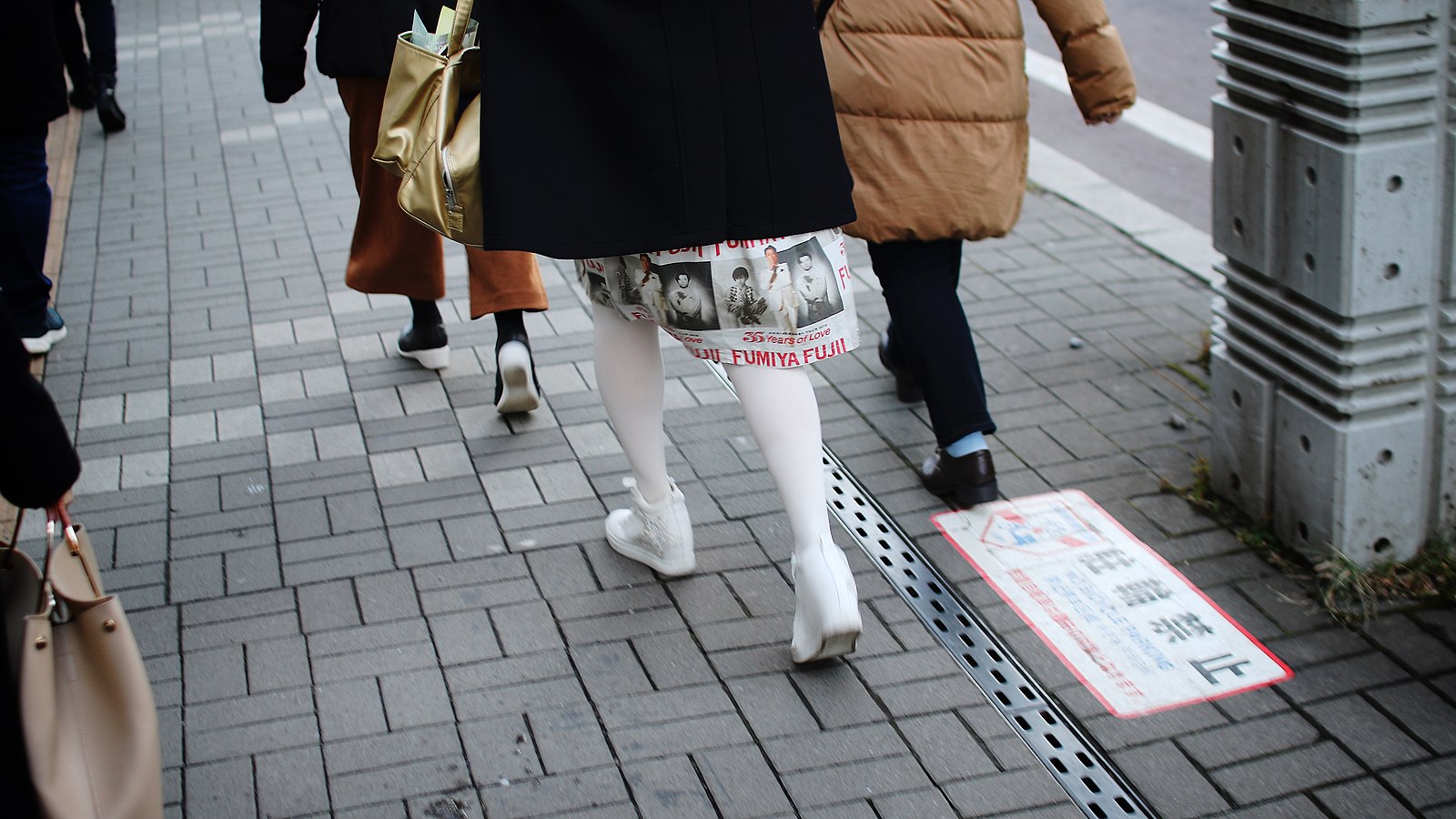Taking a photograph under a person’s clothing without their consent is now a specific criminal offence following an eighteen-month campaign by a woman who was ‘upskirted’ at a music festival.
Campaigner Gina Martin spent eighteen months fighting to change the law after two men used their phones to take photos up her skirt without her permission in 2017, while she was attending the British Summer Time festival in London’s Hyde Park. After reporting the incident to the police, Gina was shocked to find that upskirting was not a designated criminal offence in England and Wales at the time, although it has been illegal in Scotland for nearly a decade.
From today, people who break the new law will face up to two years in prison and could be placed on the sex offenders register.
Scotland criminalized upskirting in 2010 by amending the ‘Voyeurism’ provision in the Sexual Offences (Scotland) Act 2009, but saw relatively few prosecutions, while it remained undesignated in criminal law across the rest of the UK.
Although it has sometimes previously been possible to prosecute upskirters under other harassment, voyeurism or indecency laws, it was often difficult to secure a conviction. In Martin’s case, the police would not press charges and quickly dropped the case.
Instead of accepting the situation, Martin decided to launch a national campaign to make the invasive and violating practice a specific sexual offence in its own right. “Growing up as a woman you get a lot of unwanted attention and a lot of things happen that make you feel uncomfortable,” she said. “This was the last one I wanted to deal with. I decided that if someone was going to make a change why would it not be me? If I was upset about it why not try and change something and use my voice as we’re all told to so often.”
A Press Association investigation released to coincide with the new law found that 25 out of 43 police forces in England and Wales recorded reports of upskirting in 2018, up from 15 over the two-year period from April 2015 to April 2017. In total, the number of incidents had increased to 94 in 2018 from 78 in the previous two years and victims included a seven-year-old child and a 70-year-old woman.
The figures don’t include numbers from the country’s two largest police forces, the Metropolitan Police and the West Midlands Police, neither of which responded to an FOI request. This means the real figures are likely to be far higher and many other incidents may go unreported.
 Image credit: unsplash
Image credit: unsplash
Sexual Offences And Human Rights
Anyone can be a victim of upskirting, but like most sexual offences it currently overwhelmingly affects women.
The Equality Act 2010 states that people, regardless of gender, should be treated equally, and are protected from discrimination in employment, education, public services, businesses (services and goods), transport and public bodies.
The Equality Act recognises sexual harassment as a form of discrimination – and protection against discrimination is a fundamental human right (Article 14 of the Human Rights Convention).
The UK has also ratified the Convention on the Elimination of All Forms of Discrimination against Women (CEDAW), an international human rights treaty focusing on equality between women and men in all areas of life. CEDAW is often framed as a ‘women’s bill of rights.’
Meanwhile, street harassment, like catcalling, is sometimes – although not usually – recognised as an offence under the Public Order Act 1986 and sexual assault has been recognised as a violation of the right to private life, which encompasses a person’s physical and psychological integrity (Article 8 of the Human Rights Convention).
But even in cases where there is a clear law against a sexual offence, prosecution rates are notoriously low and victim-blaming often makes women afraid to report crimes against them.
Speaking to BBC News on the day the law came into effect, Martin called on people to report upskirting when they see it happen. “If a new law’s there, great – but if we don’t know about it or aren’t reporting it, [then] it doesn’t do anything,” she said. “We have to build a picture of how much this happens because it happens a lot.“
Meanwhile, Prime Minister Theresa May described upskirting as “degrading and humiliating” and said offenders should “feel the full force of the law”.
Initial attempts to criminalise the practice were blocked by Tory backbencher Christopher Chope, who has also objected to legislation designed to stop female genital mutilation (FGM). However, Martin’s campaign secured government backing on 15 July last year and the Voyeurism (Offences) (No. 2) Bill was put before Parliament days later. The new legislation was approved in the House of Lords and has now passed the formality of Royal Assent to become law.
The Ministry of Justice (MOJ) now describes upskirting as “a highly intrusive practice, which typically involves someone taking a picture under another person’s clothing without their knowledge, with the intention of viewing their genitals or buttocks (with or without underwear)”, and urges people who have experienced the crime to come forward.
Upskirting can take place anywhere, the MOJ advises, but there has been a particular rise in reports on public transport.
“The new law will capture instances where the purpose of the behaviour is to obtain sexual gratification or to cause humiliation, distress or alarm,” the department states, adding that, “anyone, and any gender, can be a victim and this behaviour is completely unacceptable.”







